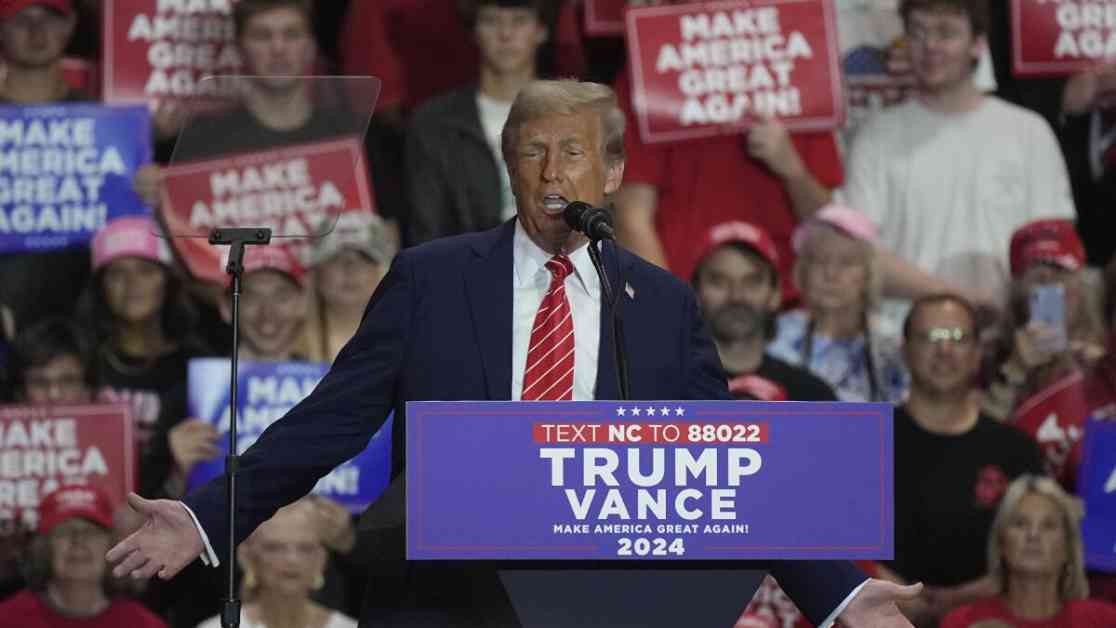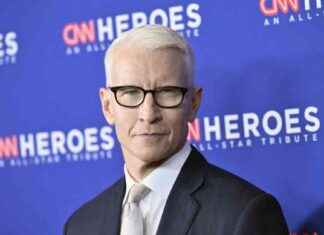Former President Trump recently made a false claim at a campaign rally in North Carolina, suggesting that the Los Angeles Times and Washington Post’s decision not to endorse any candidate in the presidential race reflected a poor view of Vice President Kamala Harris and a great view of him. However, it was clarified that the newspapers had planned to endorse Harris before their billionaire owners intervened.
Dr. Patrick Soon-Shiong, the owner of the Los Angeles Times, explained that he chose not to endorse any candidate to avoid deepening the existing divisions in the country. Instead of endorsing a candidate, he proposed a factual analysis of the positive and negative policies of each candidate during their time in office. This decision led to three members of the editorial board resigning in protest, questioning how they could fail to endorse a candidate after criticizing Trump’s leadership for years.
Jeff Bezos, the owner of the Washington Post, also blocked the paper’s planned endorsement of Harris to maintain public trust in the newspaper and avoid any perception of bias. This principled decision was made to uphold the independence of the newspaper. Other newspapers, including USA Today, have also announced that they will not be endorsing any candidate.
The decisions made by the Los Angeles Times and the Washington Post have resulted in a loss of subscribers for both newspapers. Harris expressed disappointment at the billionaire owners’ choices, highlighting the influence of wealthy individuals like Trump in the media landscape.
It is important to note that the editorial boards of these newspapers are separate from the news operations, which continue to provide independent coverage of both candidates. The reasons behind the decisions not to endorse a candidate were based on a desire to maintain public trust and uphold the independence and integrity of the newspapers.
Ultimately, the refusal to endorse a candidate by these newspapers reflects a broader trend in the media industry towards maintaining impartiality and avoiding any perception of bias. Despite criticism from some quarters, the decisions made by the Los Angeles Times and the Washington Post highlight a commitment to journalistic integrity and a dedication to providing unbiased coverage of the presidential race.



























